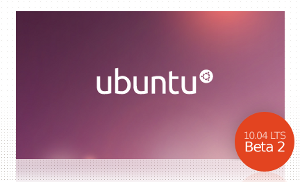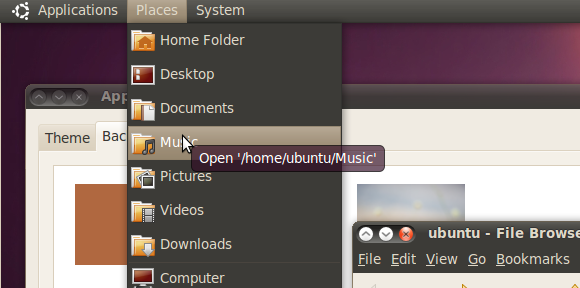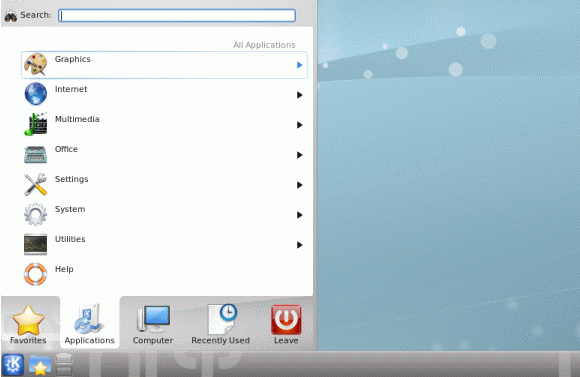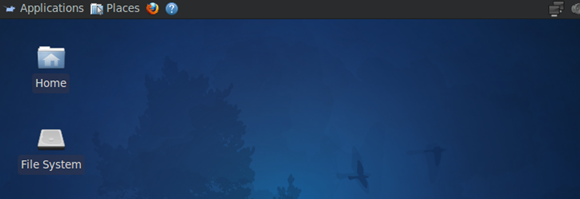<firstimage="https://www.makeuseof.com/wp-content/uploads/2010/04/ubuntuicon_thumb.png" />
It's coming. On April 29, 2010, the latest version of Ubuntu will be ready for the public.
We talk about Ubuntu quite a bit here at MakeUseOf; most recently I discussed 7 things easier to do in Ubuntu than in Windows. And I stick to the claims made in that article: in many ways Ubuntu is easier to use than Windows.
But in some ways Ubuntu can be downright confusing; particularly when you're first getting started. There are many different numbered Ubuntu versions, such at 9.04, 9.10, and 10.04. And there are many downloads that play off Ubuntu, including Xubuntu and Kubuntu.
If this confuses you, you should just stick with the default download offered over at Ubuntu.com. If you want to learn more about the different Ubuntu versions, however, keep reading.
What The Numbers Mean
The first thing that might seem confusing is numbered Ubuntu versions. The most recent version of Ubuntu is 9.10, but at the end of this month comes 10.04. Many people see these seemingly random numbers and question why "9.10" and "10.04" aren't simply numbered version "9" and "10."
There's a very simple reason, actually: these aren't version numbers, they're dates. "10.04," the Ubuntu version to be released this month, is so named because it is the fourth month of 2010 - 10.04. New versions of Ubuntu come out every six months, and the number structure always refers to the year and month of release. In October of this year, for example, will come 10.10.
And the alliterative animal names attached to the releases? Don't let these names confuse you. They are kind of fun, so community members use them, but they're largely intended to be used internally so don't panic if you're not sure what name goes with what number.
Flavors
So that's what the numbers behind every version of Ubuntu mean, but why are there seemingly so many different names for the operating system? Ubuntu, Kubuntu, Xubuntu...the list goes on and on.
Well, Ubuntu's not alone in this regard. Windows 7, for example, has many different versions: Home Basic, Home Premium and Ultimate, to name a few. Ubuntu being a free operating system, however, its different versions aren't set apart by arbitrary inclusions of features on a tiered pay scale; rather, the different versions are essentially different bundles of free software built around the Ubuntu core.
They are akin to different flavors of the same ice cream; all are delicious, but some people prefer one to another. Ubuntu seeks to cater to all those preferences, so they offer several flavors.
"Normal" Ubuntu
When people talk about Ubuntu, they are probably referring to the project consistently released as "Ubuntu." This operating system uses the Gnome Desktop, which is considered the most popular desktop today.
Ubuntu is probably the best operating system for new Ubuntu users to explore, as it is the most polished and complete. If you're not sure what you want, get this. Perhaps in time you'll want to try another version of Ubuntu, perhaps not. Either way, Ubuntu is the place to start.
Download Ubuntu here.
Kubuntu
Ubuntu is based on Gnome; Kubuntu is based on KDE. It's a rough analogy, but KDE is Windows-like while Gnome has more in common with OSX; that is, Gnome is designed to be user friendly by limiting the number of (largely useless) configuration options, while KDE is designed to be as configurable as possible. Which philosophy you prefer is ultimately a matter of preference, but if you're confused by the difference just stick with Ubuntu for now.
Otherwise, you can get Kubuntu here.
Xubuntu
Based on the lightweight XFCE desktop, Xubuntu is intended for use with computers too old to run Ubuntu or Kubuntu competently. In many ways you'll find it similar to Ubuntu, just with fewer of the bells and whistles that come along with Gnome. This lack of bells and whistles can be a feature if you're using an older computer, however, which is why you might want to try out Xubuntu.
Edubuntu
It's Ubuntu, but with a number of tools intended to make education easier. You'll find educational games as well as tools for tracking progress in the classroom. Like the rest of Ubuntu, this is completely free to use on as many computers as you like, so if you work at a school, look into Edubuntu to find out how it can help your school.
Netbook Remix
It's like "normal" Ubuntu, but tweaked for Netbooks. Ubuntu Netbook Remix features many of the programs you're used to in Ubuntu, but made easier to use on the small screen. This is achieved by the user interface you see here and a few other tweaks (the most useful of which ensures every program opens maximized in order to best make use of the limited screen space.)
Download Ubuntu Netbook Remix here. [Broken URL Removed]
Server Edition
Like the name implies, this is the Ubuntu version for servers. You'll get no GUI but you will have access to the vast Ubuntu repositories, which will give advanced users more than enough to build a killer server operating system. Consider this as for advanced users only.
Other Official Versions
This list isn't exhausting, of course; there are a number of other Ubuntu versions, official and unofficial alike. For information about other official distributions check here, and an exhaustive list of unofficial distributions can be found here. All are legal, of course, because Ubuntu is completely open source, meaning anyone can create their own Ubuntu version.
Conclusion
I fear this article may have added to the confusion about the different Ubuntu versions, but I hope that it's been helpful. Like any open source project, Ubuntu can be altered to serve any purpose. Ubuntu's been altered more than most, but that only means it's known as a product easier adapted to any purpose. That Ubuntu itself is an adapted version of Debian only goes to further show how amazing the open souce ecosystem is.
What about you? Which Ubuntu flavor do you prefer? Are you excited about the impending release of Ubuntu 10.04? Or are you just angry because I used the words "open source" instead of the ambiguous "free software"? Whatever your reason, if you comment I'm happy.









